Truck & SUV Heavy-Duty & Performance Cooling Systems
All your Truck & SUV cooling needs for Off-Roading, Overlanding, Towing/Hauling, and more…
- Heavy-Duty All-Aluminum Radiators
- Heavy-Duty Copper & Brass Radiators
- Heavy-Duty Bar & Plate Intercoolers
Truck & SUV Cooling Systems by Make:
Importance of Truck & SUV Cooling System Upgrades
Cooling systems are often ignored until they become an issue. Like many other systems on a vehicle, they will perform just fine until they fail or fall short of your needs. While many OEM cooling systems are more than sufficient for basic road driving it is very hard to tell when they’re being pushed to their limits. Temperature gauges often don’t show you when you’re operating at the higher temperatures. Running your Truck or SUV at the higher end of the “safe zone” can cause premature wear and tear, as well as requiring more frequent maintenance.
Radiators
Radiators can be a hot topic of debate in the Off-Road/Overland world as well as for towing/hauling. Some will say you don’t ever need anything better than an OEM radiator while others will insist on upgrading. So what is the correct answer? Well that all depends.
For Off-Road and Overland
While most modern Trucks & SUVs radiators hold up well under moderate off-road and overland driving, that doesn’t mean you aren’t straining the system. Added strain comes out in the form of extra heat and pressure that can cause your factory radiator to fail prematurely. Even worse, it could prematurely fail on you while your off-road. Not only is this a huge buzz to your fun adventure, it can be very costly to get your vehicle home or to a repair facility. The reasons for the extra stress may be obvious, but we’ll go over each factor and what it means for your Truck or SUV.
Air Flow
On the road, your rig will experience higher load at higher speeds or while driving up an incline. Most civic roads have limited grades for safety and accessibility so the strain on your engine is somewhat limited. Off-road, a slope is what nature made and can get pretty extreme. On top of fighting more gravity, you are typically moving at much lower speeds. While the engine fan will give you some airflow over the radiator, it is still less that what you’d see on a highway in most cases. Installing a stronger fan can help in this situation, but having a larger radiator will also greatly increase your cooling capacity in these situations.
Dirty/Clogged radiator cooling fins is another common problem. You’ll no doubt hear about overheating issue due to mud and dirt clogging up radiators. While the fix is pretty simple, you can’t always wash out your radiator while you’re on the trail. A larger radiator with more cooling fins/capacity can greatly offset the effects of dirt and mud build up.
Weight and Load
Most people venture off-road with a lot more weight than what you’d take on your typical road trip. Between camping supplies, extra fuel, and other gear, your Truck or SUV is a lot heavier than it came from the factory. Add to that the weight and load effects of larger tires, you’re now asking your engine to work a lot harder.
While your engine may be making enough power to cope with the added weight, it is still making more heat while doing this. Even though you may be still be within acceptable operating temperatures, there is still added stress to the system. An upgraded radiator is a great preventative measure to account for the additional load you’re putting your Truck or SUV through.
For Towing/Hauling
There are plenty of purpose built haulers out there. While those tend to fair pretty well while hauling heavy loads, there are plenty of Trucks and SUVs towing/hauling is much harder on. Towing packages often include small cooling upgrades, but these can still fall a bit short under taxing circumstances.
Towing/Hauling adds a tremendous amount of load to your vehicle and your engine is working over time just to maintain moderate speeds. The extra load on your engine generates a lot of excess heat that even your towing package might not be able to keep up with. Extreme Heat, long grade increases, and altitude can all play a role in excess heat.
Upgrading your radiator (which usually includes a built in transmission cooler) is a great preventative measure. It is both very affordable and brings extra peace of mind that comes from confidence in your rigs reliability.
Intercoolers
While upgraded intercoolers really only applies to a limited number of Trucks and SUVs, any turbo vehicle owner knows the importance of an intercooler. Since the most common turbo vehicles are large turbo diesel trucks, we’ll mainly focus on hauling. However, similar principles apply off-road.
For Towing/Hauling, Off-Road, and Overland
Most turbo diesel Trucks and SUVs make massive amounts of torque and are really well set up for towing/hauling. The extra load has been accounted for from the factory. They also perform admirably Off-Road. However, just because your rig was designed to perform a task doesn’t mean it can’t be improved further. Tuning for turbo vehicles is incredibly popular because of how much extra power you can generate for the cost/effort. The extra power improves your overall driving experience and comes in handy while towing/hauling. Turning up your boost though means you’re putting a lot more pressure and heat through your intercooler and engine. This can stress the cooling limit of your intercooler and the added pressure can lead to leaks and premature failure.
Upgrading to a heavy duty intercooler will improve intake air temperatures (IATs) resulting in more consistent power, better fuel economy, and increase the life of your engine. CSF’s Heavy-Duty Bar & Plate Construction with TIG welded cast end tanks handles higher boost pressures with ease. Each Heavy-Duty Intercooler is pressure tested to 120 PSI for maximum reliability. So if you’re planning on tuning your Turbo Truck/SUV or just want the extra piece of mind, an upgraded intercooler is a worthwhile investment.
Manufacturer Warranty
All CSF high-performance products are backed by our limited warranty.
Learn More >
Where to Buy
CSF has a worldwide network of authorized dealers and distributors to service you.
Click Here to Find an Authorized Seller >
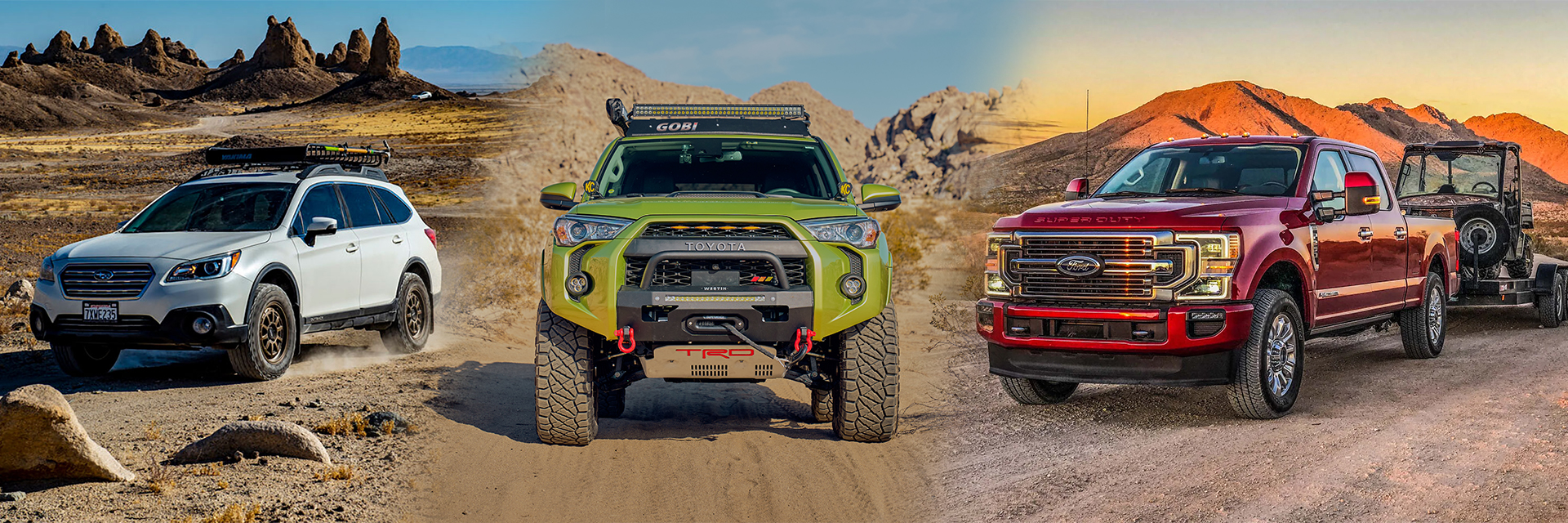
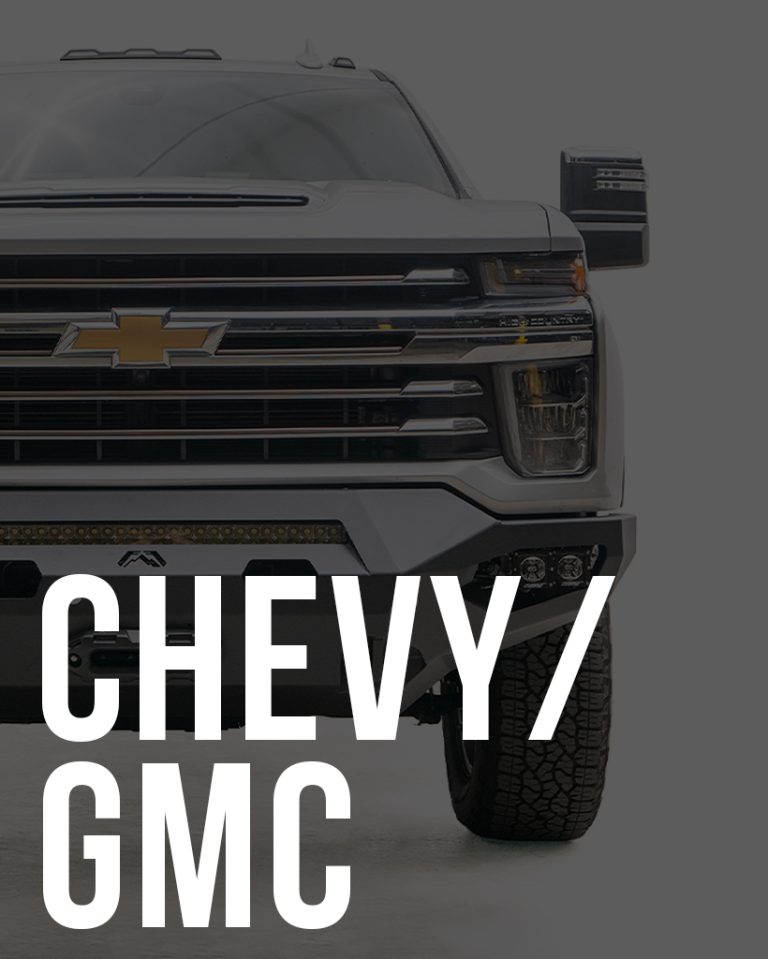
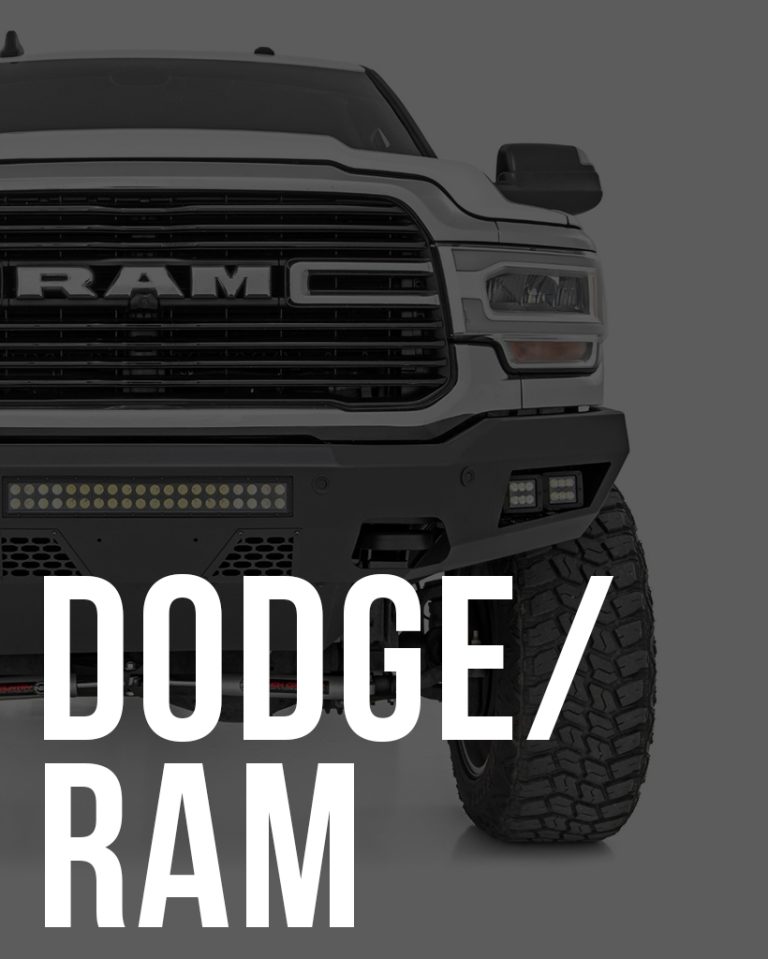
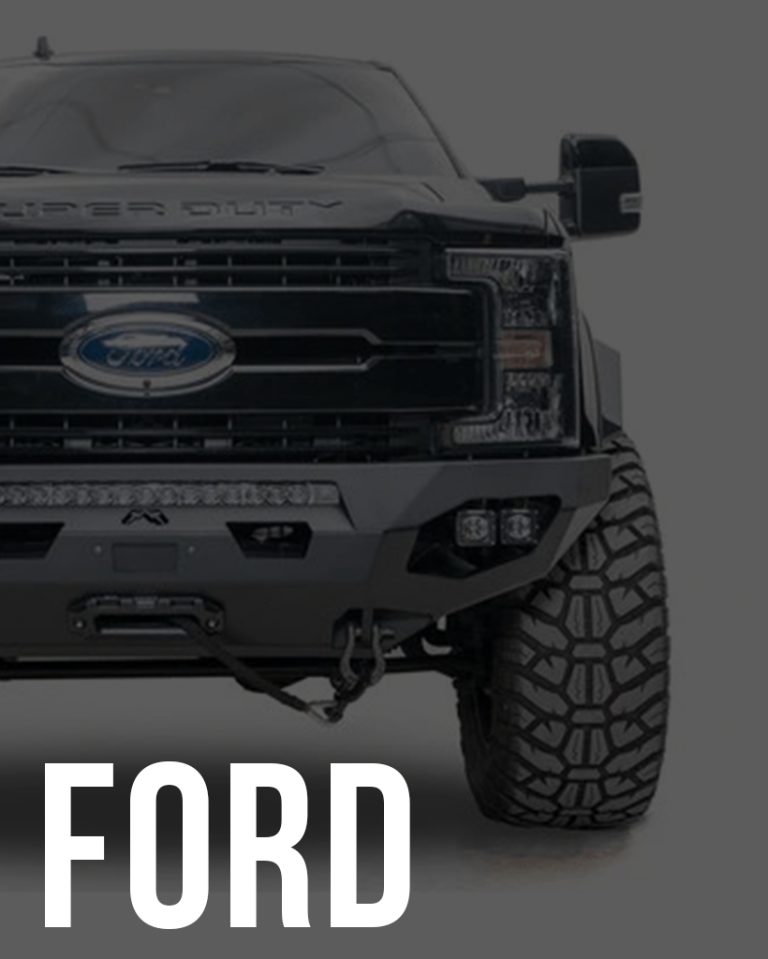
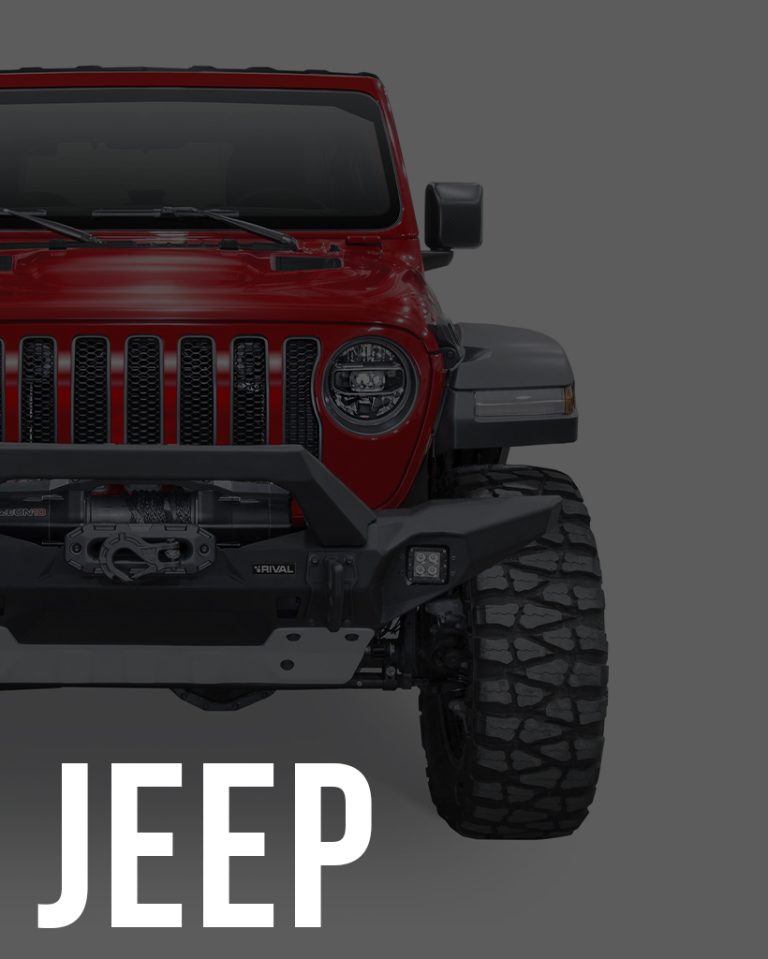
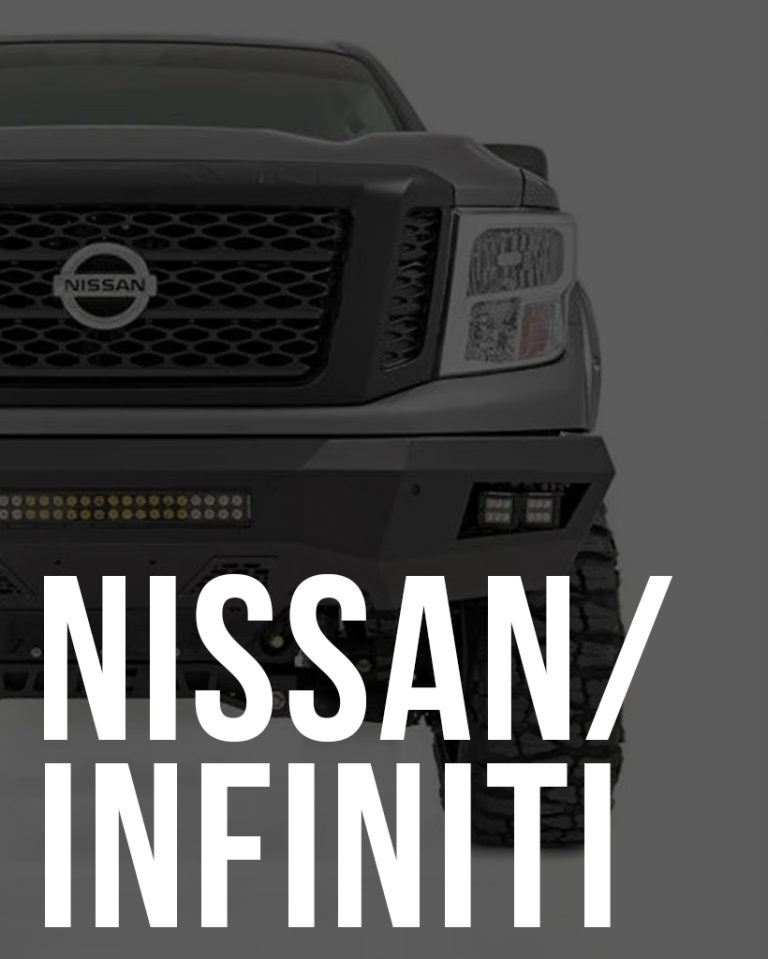
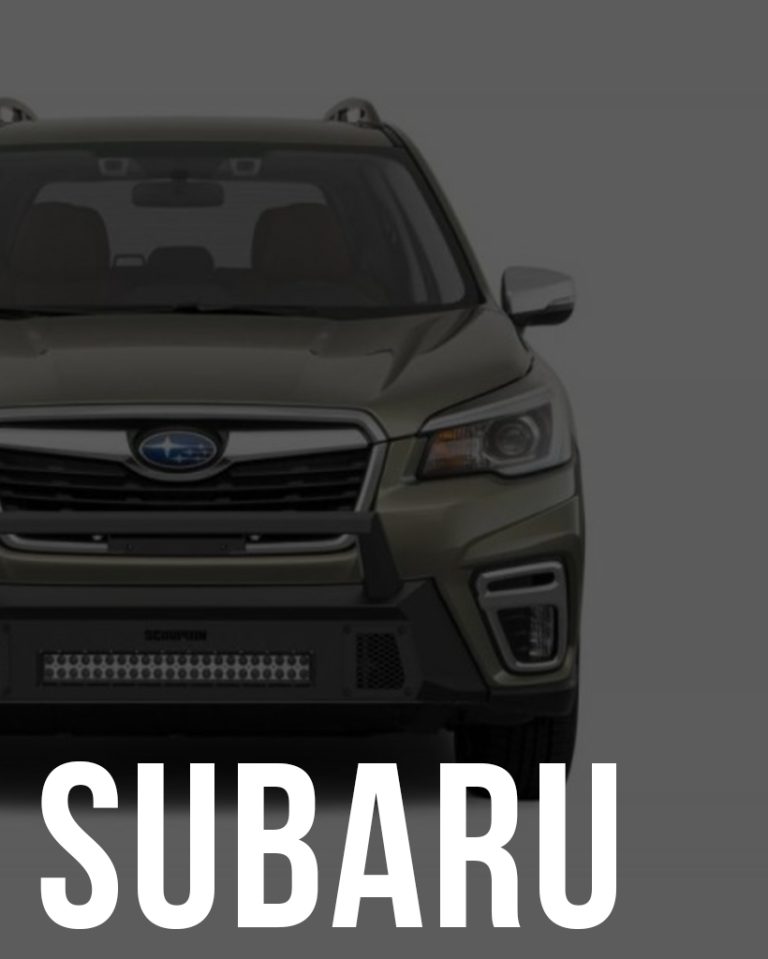
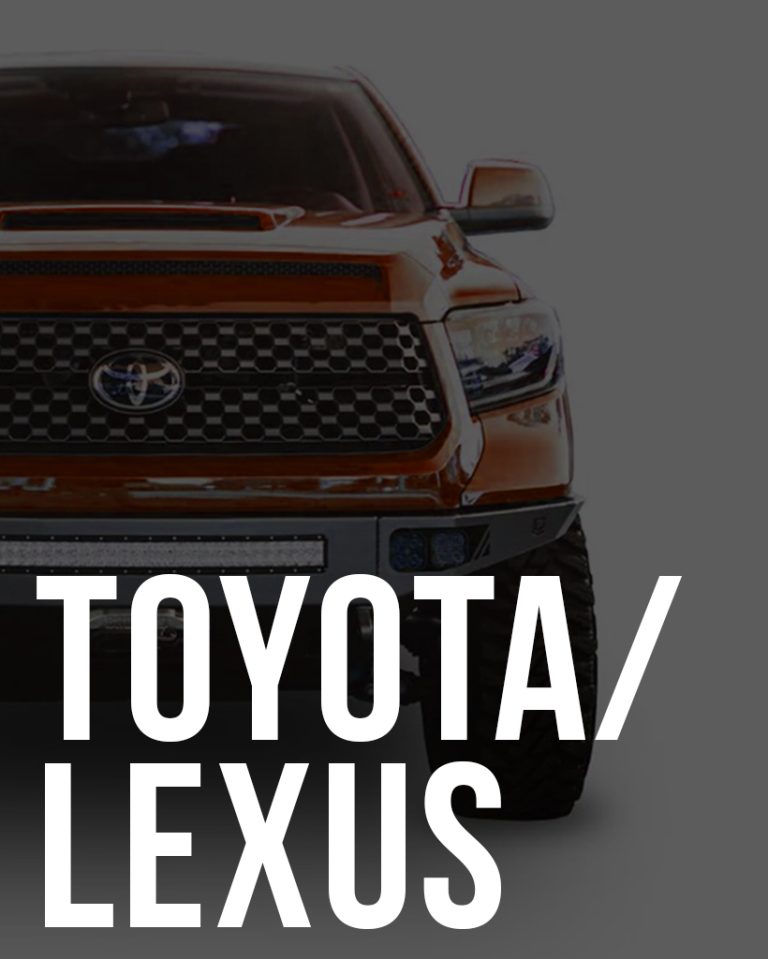
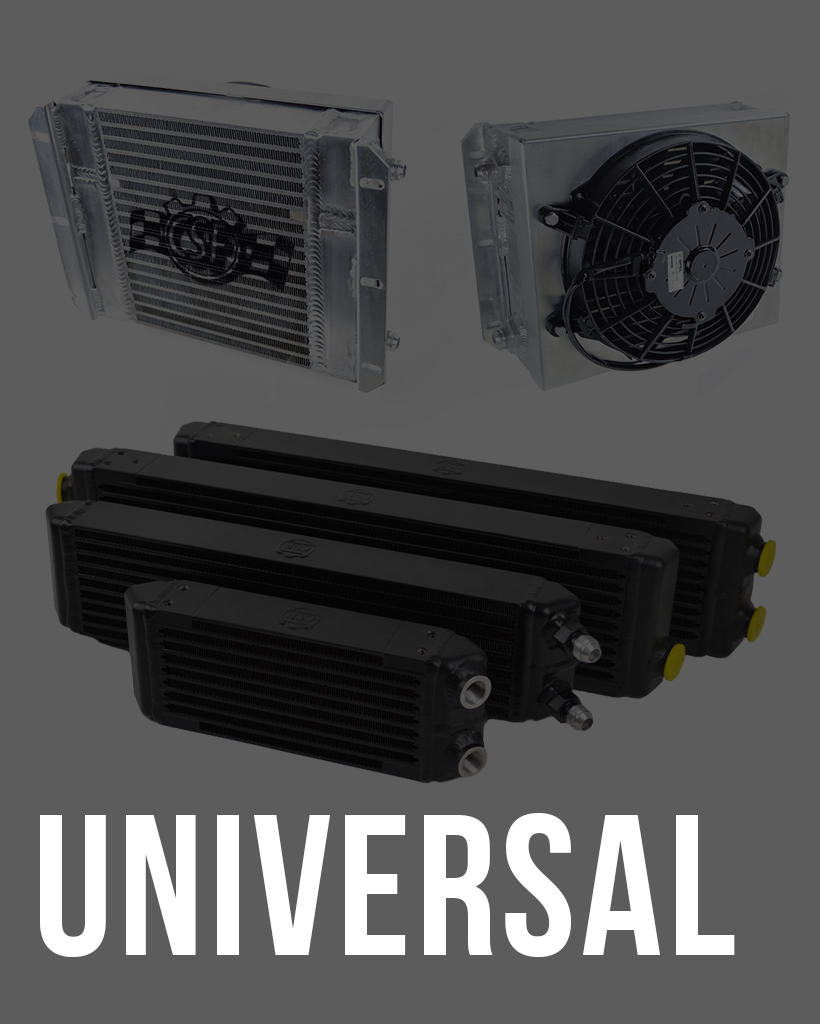
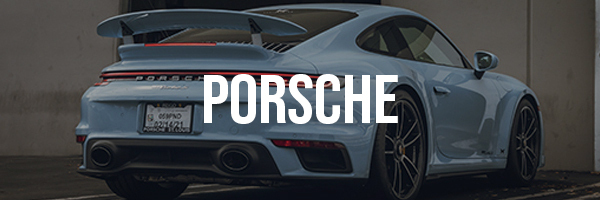
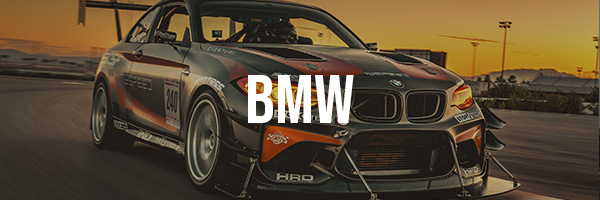
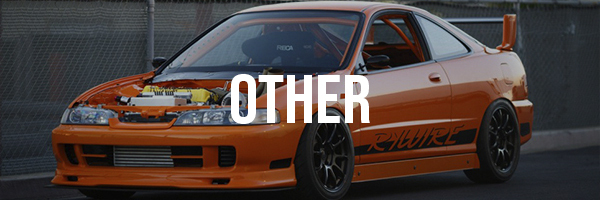
COMMENTS